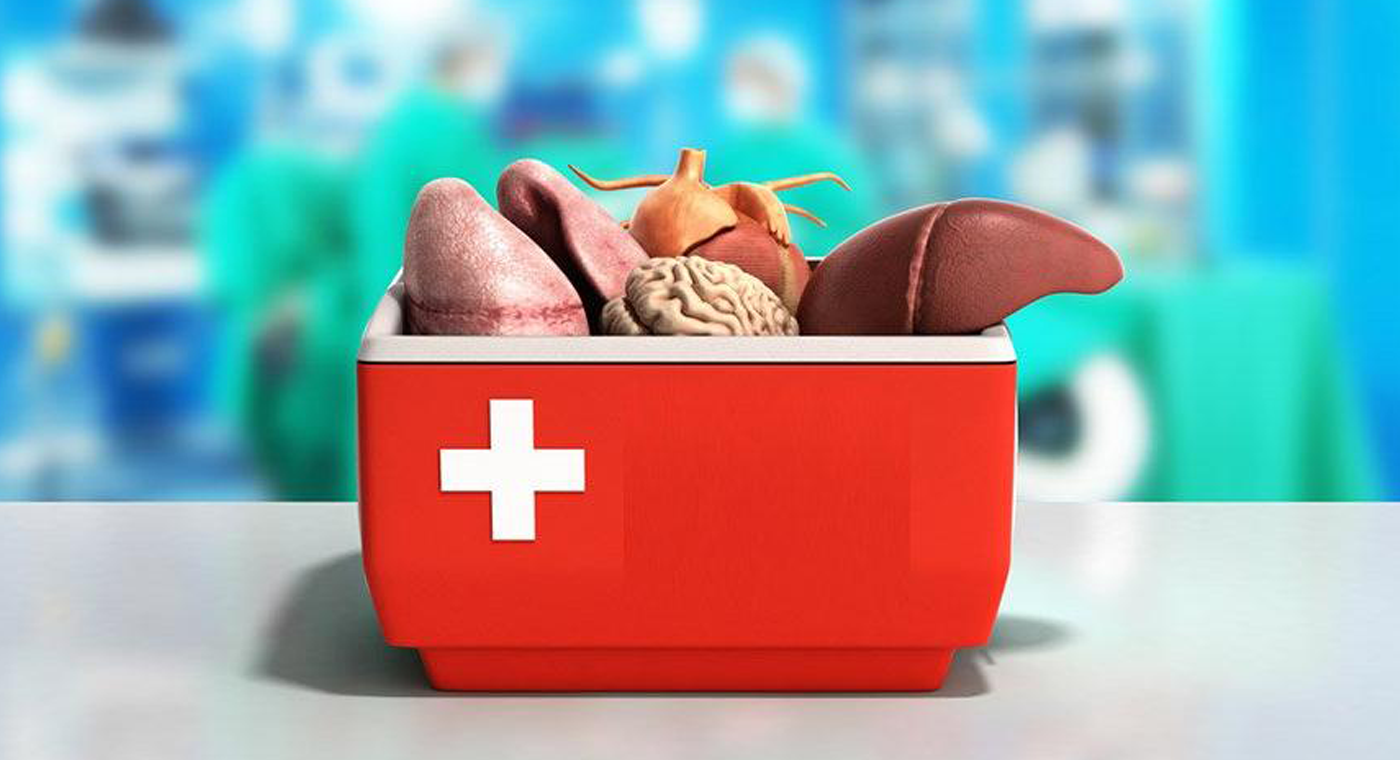
Organ Transplant And Donation
Organ donation and transplantation is removing an organ from one person (the donor) and surgically placing it in another (the recipient) whose organ has failed. Organs that can be donated include the liver, kidney, pancreas and heart.
What is organ donation and transplantation?
Organ donation is the process of surgically removing an organ or tissue from one person (the organ donor) and placing it into another person (the recipient). Transplantation is necessary because the recipient’s organ has failed or has been damaged by disease or injury.
Organ transplantation is one of the great advances in modern medicine. Unfortunately, the need for organ donors is much greater than the number of people who actually donate. Every day in the United States, 21 people die waiting for an organ and more than 107,380 men, women and children await life-saving organ transplants.
What organs and tissues can be transplanted?
Organs and tissues that can be transplanted include:
- Liver
- Kidney
- Corneas
- Middle ear
- Skin
- Bone
- Bone marrow
- Heart valves
Who can be an organ donor?
People of all ages should consider themselves potential donors. When a person dies, they are evaluated for donor suitability based on their medical history and age. The organ procurement organization determines medical suitability for donation.
By becoming an organ donor, does this mean that I wouldn’t be eligible to receive the best medical care possible?
Not at all. Your decision to donate does not affect the quality of the medical care you will receive.
Are there any costs to the organ donor’s family for donation?
There is no cost to the donor’s family or estate for the donation of organs, tissue or eyes. Funeral costs remain the responsibility of the family.
Will organ donation disfigure the body?
The recovery of organs, tissue and eyes is a surgical procedure performed by trained medical professionals. Generally, the family may still have a traditional funeral service
What is the process to receive an organ or tissue?
- Blood type
- Tissue type
- Organ size
- Medical urgency of the patient’s illness
- Time already spent on the waiting list
- Geographical distance between the donor and the recipient
The organ is offered first to the transplant center with the candidate who is the best match. The transplant team decides if it will accept or refuse the organ based on established medical criteria and other factors.
If the transplant center refuses the organ, the transplant center of the next patient on the list is contacted and the process continues until the organ is placed.
what’s involved with becoming a living organ donor?
A living donation, such as the donation of one healthy kidney or a segment of a healthy liver from a living human being to another, is arranged though the individual transplant centers according to criteria they have in place. An independent donor advocate, along with a dedicated living donor multi-disciplinary team, will represent the interests and well-being of the potential living donor.
